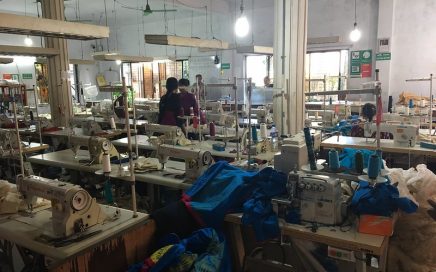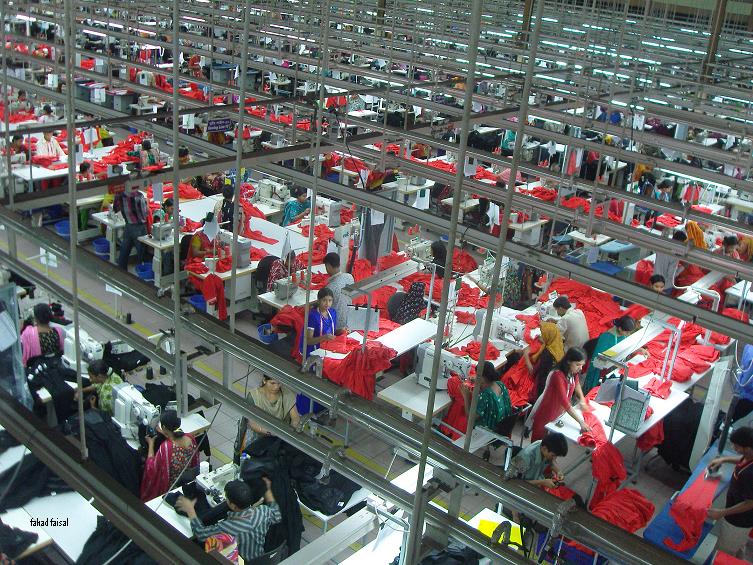Smuggling and enforcement of tax codes in the garments industry in Bangladesh
Research question This research investigates the feasibility of fighting smuggling using the incentives of powerful organizations adversely affected by specific types of smuggling. We focus ...








